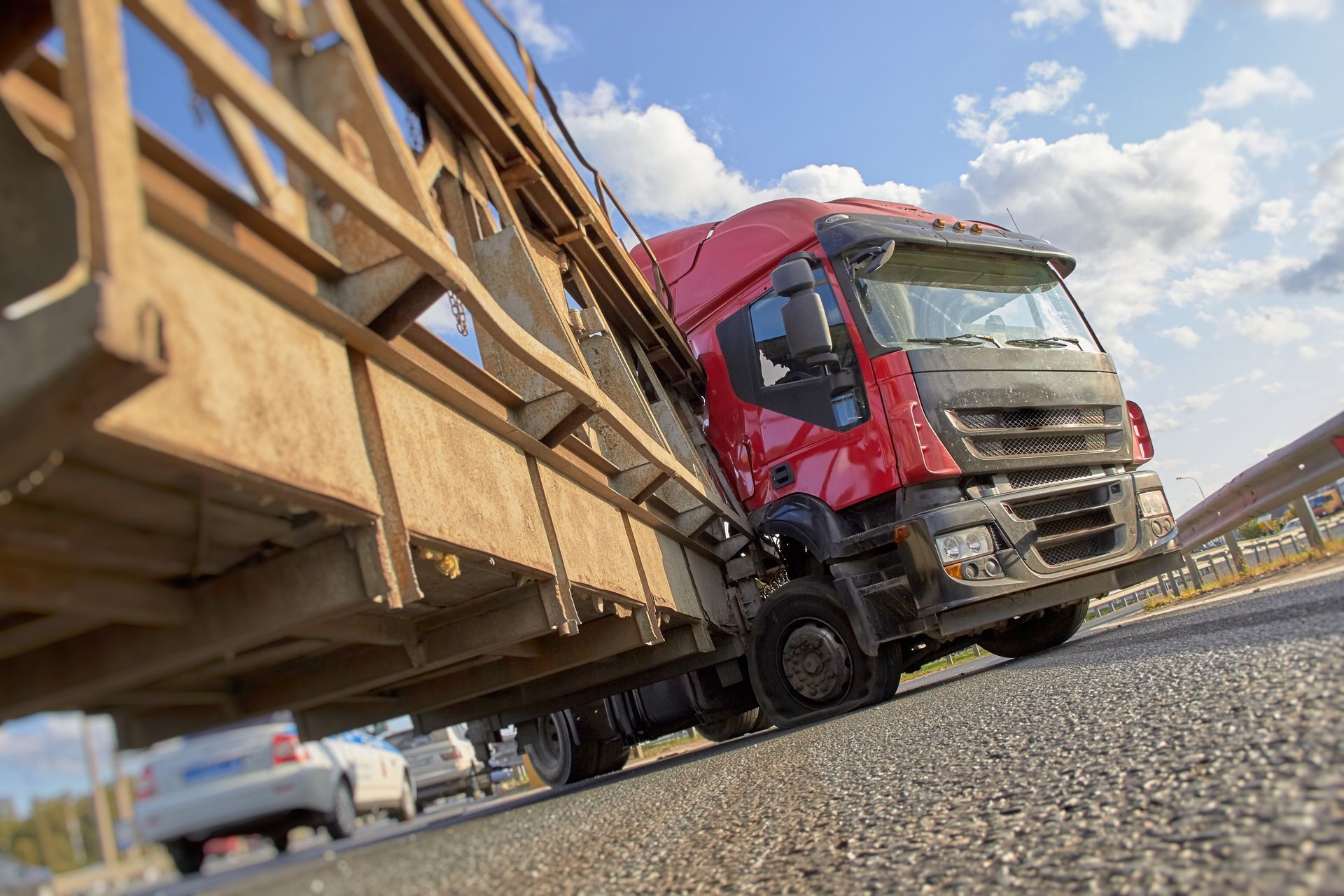The Impact of Truck Driver Shortages on Road Safety

The trucking industry is a critical backbone of the American economy, responsible for transporting goods across the country. However, the industry is facing a significant challenge: a shortage of qualified truck drivers. This shortage not only impacts the efficiency of goods delivery but also poses serious risks to road safety.
The Truck Driver Shortage: A Growing Concern
The shortage of truck drivers has been a persistent issue for several years, with estimates indicating a need for tens of thousands of additional drivers to meet current demand.
Various factors contribute to this shortage, including:
- Aging Workforce: A large portion of the current truck driver workforce is nearing retirement age, with fewer younger drivers entering the industry to replace them.
- High Turnover Rates: The trucking industry experiences high turnover rates due to the demanding nature of the job, long hours and extended periods away from home.
- Regulatory Challenges:
Stringent regulations, including those related to Hours of Service (HOS), can limit the number of hours drivers can work, exacerbating the shortage.
- Training and Qualifications: Becoming a qualified truck driver requires substantial training and certification, which can be a barrier for potential new entrants.
Impact on Road Safety
The shortage of qualified truck drivers has several implications for road safety, primarily through the increased potential for accidents due to inexperienced or overworked drivers.
Increased Workload and Fatigue
With fewer drivers available, those who are working often face increased workloads and longer hours.
Drivers may feel compelled to exceed legally allowed driving hours, leading to fatigue. Fatigued drivers have slower reaction times, impaired judgment and an increased likelihood of accidents. Inadequate rest between shifts can also leave drivers exhausted, further contributing to fatigue-related accidents.
Hiring of Inexperienced Drivers
To fill the gap caused by the driver shortage, trucking companies may hire less experienced drivers who may not have the same level of training or road experience as seasoned drivers.
This can lead to:
- Higher Accident Rates:
Inexperienced drivers are more prone to making errors, such as misjudging distances, failing to anticipate road hazards or improperly handling the vehicle.
- Inadequate Skill Development: New drivers may not have sufficient time to develop the necessary skills and confidence to handle the complexities of driving a large truck, especially in adverse weather conditions or heavy traffic.
Increased Pressure on Existing Drivers
The driver shortage puts additional pressure on existing drivers to maximize their productivity, which can lead to unsafe driving practices:
- Speeding:
To meet tight delivery schedules, drivers may resort to speeding, increasing the risk of accidents.
- Aggressive Driving: The stress of tight deadlines and heavy workloads can result in aggressive driving behaviors, such as tailgating, sudden lane changes and road rage.
Addressing the Impact
To mitigate the impact of the truck driver shortage on road safety, several strategies can be implemented:
Enhancing Recruitment and Training
Offering competitive wages, benefits and incentives can help attract new drivers to the industry. Additionally, promoting the profession through education and outreach programs can raise awareness about the opportunities in trucking.
Investing in comprehensive training programs that emphasize safety, defensive driving and handling large vehicles can ensure that new drivers are well-prepared for the demands of the job.
Utilizing Technology
Using telematics systems to monitor driver behavior and vehicle performance can help identify risky behaviors and provide real-time feedback to drivers.
Developing and deploying automated and semi-automated trucks can help alleviate the driver shortage and improve safety by reducing the reliance on human drivers.
Supporting Existing Drivers
- Improving Working Conditions: Enhancing working conditions, such as providing better rest facilities, reducing time spent waiting at loading docks and offering flexible schedules, can help retain existing drivers.
- Health and Wellness Programs: Implementing programs that focus on driver health and wellness, including fitness, nutrition and mental health support, can improve overall driver well-being and reduce fatigue-related accidents.
Get Top-Notch Guidance and Legal Support From Experienced Truck Crash Injury Lawyers in Atlanta
If you need top-notch legal support, ATL Elite can connect you with experienced personal injury attorneys in the Atlanta area. Fill out our form to get help finding a truck crash attorney who can negotiate with the insurance company and won’t hesitate to fight for you in court if the trucking company or their insurer refuses to settle.


